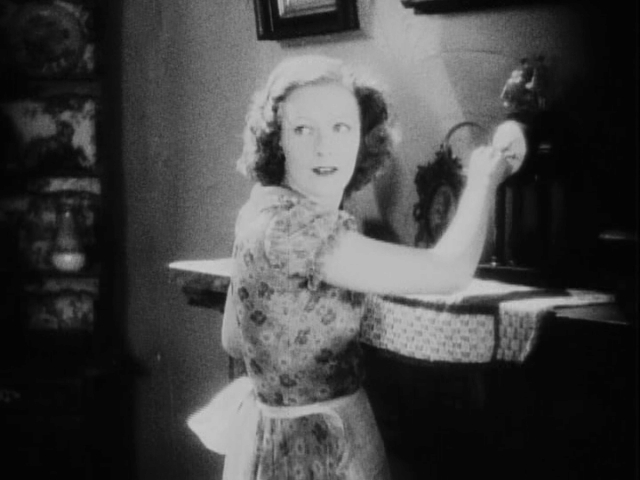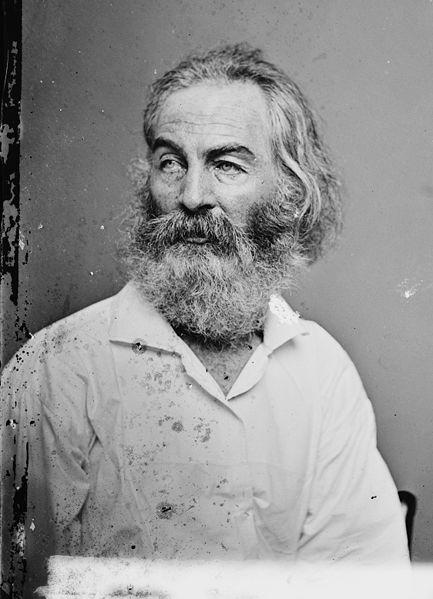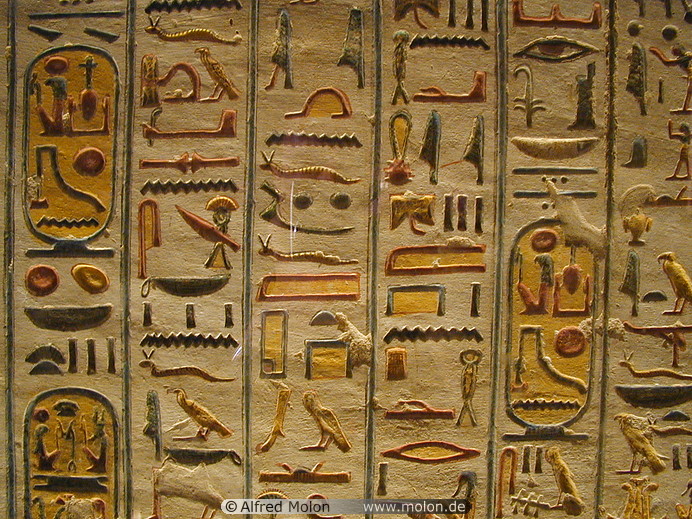Posted on September 23rd, 2009 at 10:14 pm by ginam

This post is actually the result of our peer readings of the explications. In reading a poem and analysis of “As at Thy Portals Also Death” I began to see Whitman’s poetry differently. I had been researching death and darkness as major themes in his late poetry but this poem seems to be more centrally focused on the image of the woman (his mother) as opposed to her death.
As at thy portals also death,
Entering thy sovereign, dim, illimitable grounds,
To memories of my mother, to the divine blending, maternity,
To her, buried and gone, yet buried not, gone not from me,
(I see again the calm benignant face fresh and beautiful still,
I sit by the form in the coffin,
I kiss and kiss convulsively again the sweet old lips, the cheeks,
the closed eyes in the coffin;)
To her, the ideal woman, practical, spiritual, of all of earth,
life, love, to me the best,
I grave a monumental line, before I go, amid these songs,
And set a tombstone here.
The poem presents a frame in which the woman is glorified with words like “soverign, divine, and maternity” at the beginning of the poem which links the image of his dead mother to holiness and the idea of motherhood in general as powerful. The middle of the poem presents a physical discussion of the corpse which if relatively nondescript. The final lines in the poem return to the idealization of the mother or woman, broadening the scope of the subject again. Whitman literally insets the perfected image of the woman into the text: “the ideal woman, practical, spiritual, of all of earth, life, love, to me the best.”
It seems that in the context of this poem Whitman’s focus was not on death explicitly, but on the legacy of the dead. In specific he sees his mother, even in death, as perfected in her womanhood.

Whitman, Walt. Leaves of Grass. New York, NY: Barnes and Noble, Inc., 1993.



